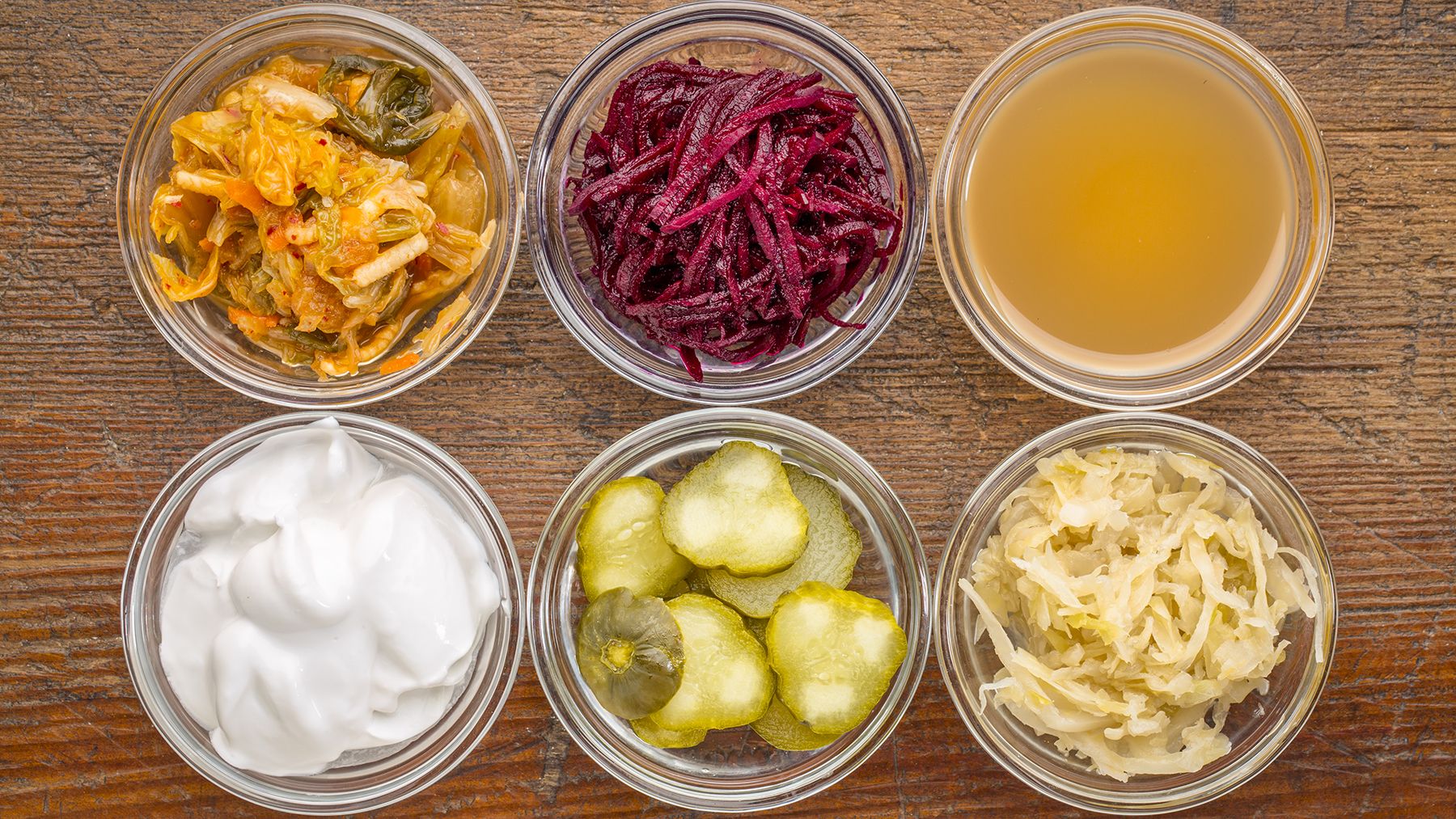Microbiome: Our Second Brain
We're learning more about the microbiome and its potential impact on a number of our body's systems -- from immunity and inflammation to heart and cardiovascular health. To find out more about how to support our gut health, read on.
What is the microbiome?
It's the place where trillions of bacteria and fungi live, proliferate, and determine our immune function, metabolism, mood, and according to researchers, neurological maladies.
Our gut microbiome is as vital as our brain, and the number of genes in all of the microbes in one person's microbiome is 200 times the number of genes in the human genome.
Thousands of microscopic species dwell predominantly in our large and small intestine, and diversity of this ecosystem is key to a more robust immune system, and mitigating inflammation. Our gut microbiota break down potentially toxic compounds, and synthesize vitamins and amino acids – no two microbiomes are alike.
How can we develop a healthy microbiome?
- Probiotics: These are the beneficial microorganisms (bacteria and yeast) found in food and supplements. Unregulated by the FDA, probiotic supplements are still a $40B+ industry and climbing. While some clinicians recommend probiotic use only after a course of antibiotics to build up the microbiota again and question its efficacy, others maintain it's an important pillar to our daily health regimen. Example probiotics in food are: yogurt (with active or live cultures), kefir (even better source than yogurt), tempeh, kimchi, kombucha, kvass, miso.

- Prebiotics: These, in the form of fiber/carbs essentially feed the good bacteria/probiotics in the gut. Our digestive systems can't easily break down the prebiotics, but once they reach the large intestine where the bacteria are able to do the job, they're the yin to Probiotic's yang (something like that). Prebiotic food sources: bananas, leeks, onions, garlic, asparagus, dandelion greens, chicory root.
How do I know the health of my microbiome?
- There are a number of tests on the market that will analyze the overall diversity of flora, the ways in which your environment compares to thousands of other samples, the presence of certain strains of bacteria (potentially correlated to Celiac disesae and others), and most notable, the health of your microbiome at one data point in time opposed to the entirety of the picture, all the time. But, even a snapshot might provide at least an overarching idea of your general gut status.
- Some tests can be purchased DTC (direct to consumer) or OTC (over the counter), while others are distributed at the physician office level.
- Two of a number of players in this arena are: Viome and Thryve
As we enter the coughs, sniffles, and continued COVID-19 season, let's toast to a well-rounded, strong, happy, healthy gut. One million, billion or trillion bacteria at a time.



